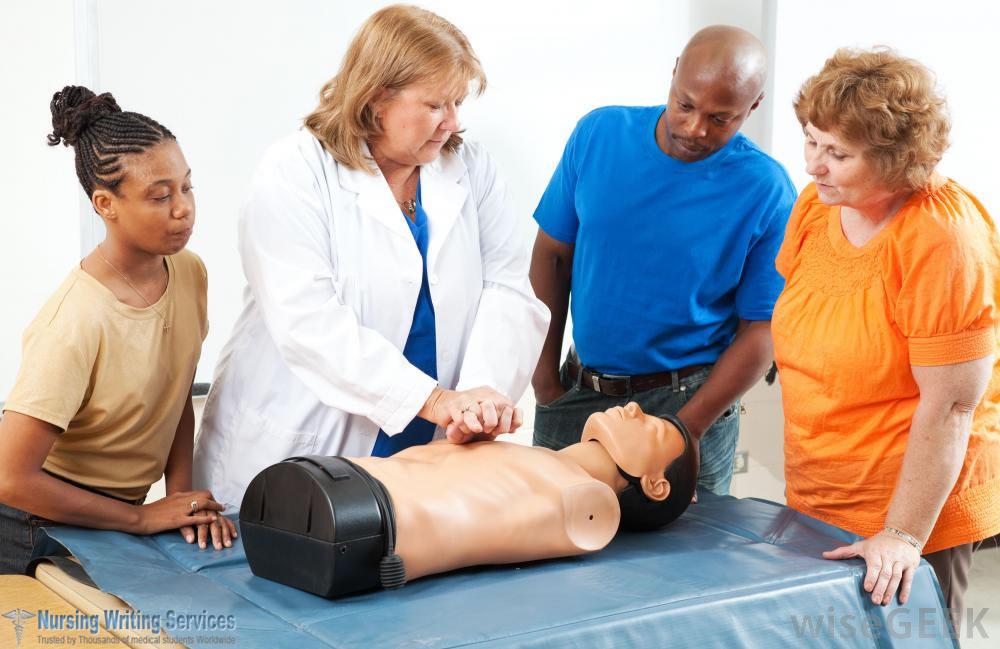
Supporting relatives who choose to witness resuscitation attempts
Resuscitation is an action or process to revive someone from apparent death or unconsciousness. Resuscitation is necessary to correct physiological disorders such as the inability to breathe of lack of heartbeat in a patient who is acutely unwell.
An emergency department is too full and scary to allow a guest, and if any have to accompany a patient, they should be a few. Doctors wish that relatives would enable them to try the resuscitation without getting into the room because it might be too traumatic to witness especially if the attempt fails. They also want to maintain patient privacy.
Nonetheless, it is at time inevitable to allow in at least one relative who can represent the wishes of the patient if there is a need to make critical decisions such as an emergency surgery or amputation.
1. Assign someone to provide updates
The best thing is to choose one of the medical staff who is not playing a critical role in resuscitation to stay close to the family and explain the condition of their loved in lay man's language the treatment and the equipment in use. The person should be conversant with the ongoing procedure and how to explain it in terms that they can understand. Some of them could be curious if doctors have a way of reviving the patient and might even decide to leave upon reassurance.
2. Providing accurate information on medical conditions and medications
It is important someone who will talk to the patient’s relatives to know the health issues that are affecting the person, the way of resuscitation and subsequent treatments as well as medications. The knowledge that the medics who are providing the treatment have an understanding of the situation will calm a relative down. It will also be simple for someone who understands the procedure to answer the questions that they have included in the risk level and if the patient will recover completely.
ALSO READ:BEST NURSING ESSAY EDITING SERVICE
3. Listening keenly to the questions and comments
Critical listening is one of the essential skills to deal with a relative. They will be anxious during such medical emergencies and are in much need to find someone who is ready to listen to their concerns. The anxiety is higher if they will witness everyone focusing attention on the patient without telling them about the developments. Someone in the team should take a few minutes and have a chat with the family. Asking if they require something to make them feel better is an excellent way to start a conversation.
4. Showing empathy
Being in a hospital to witness resuscitation is scary, and it is essential for nurses and doctors to be careful about assumptions and biases about how the relatives should behave. You may not understand how they are feeling, but it is wise to think about what you would expect from others if you face a similar situation. Someone who can stay calm should encourage them to remain hopeful and inform them the staff understands their concerns. It would be heartless to judge them for seemingly annoying actions such as calling on the doctors to try hard or hasten the resuscitation process.
5. Be gentle
Some relatives might be agitated if the efforts to resuscitate are not succeeding fast as they may expect. Gentleness from the medical teams in calming the relatives down will help them restraint them without getting into an argument. If there is something to respond, the right way is to do it in calmly and kindly. Failing to argue does not mean that failing to voice an opinion. It only means stating the point respectfully and decently. Think before responding because a quick reaction could make you say something that could affect other people badly.
When relatives are witnessing resuscitation, it is essential to quickly answer their questions for them to feel that you acknowledge their presence and the patient is receiving all the necessary support. Providing truthful information when they need it will reduce their anxiety.

